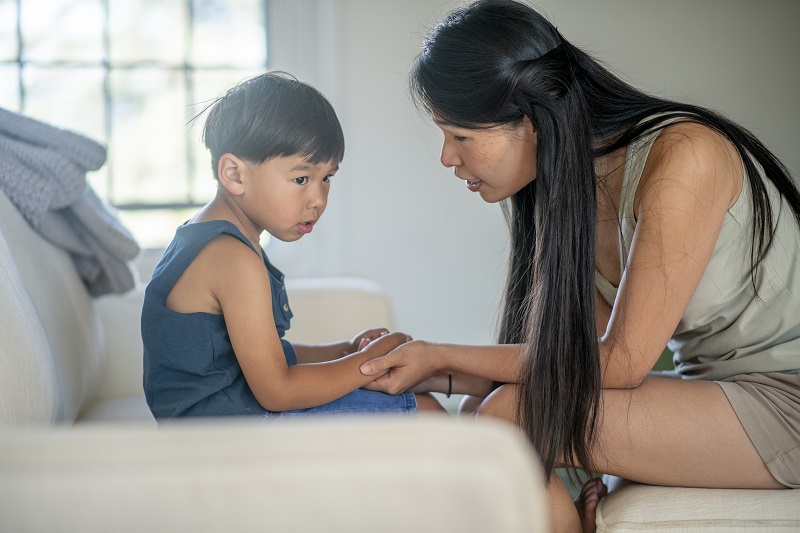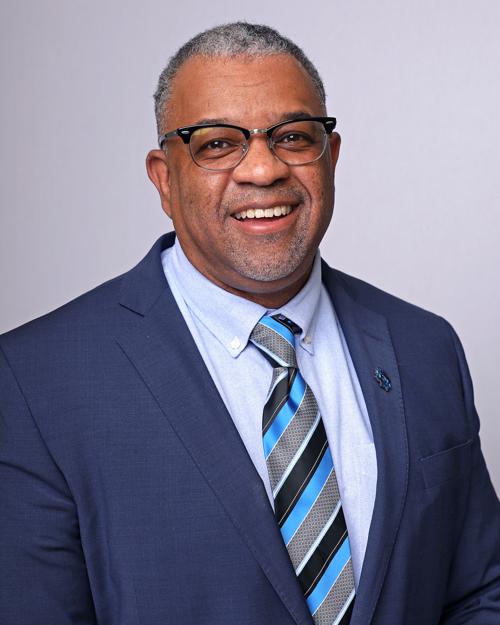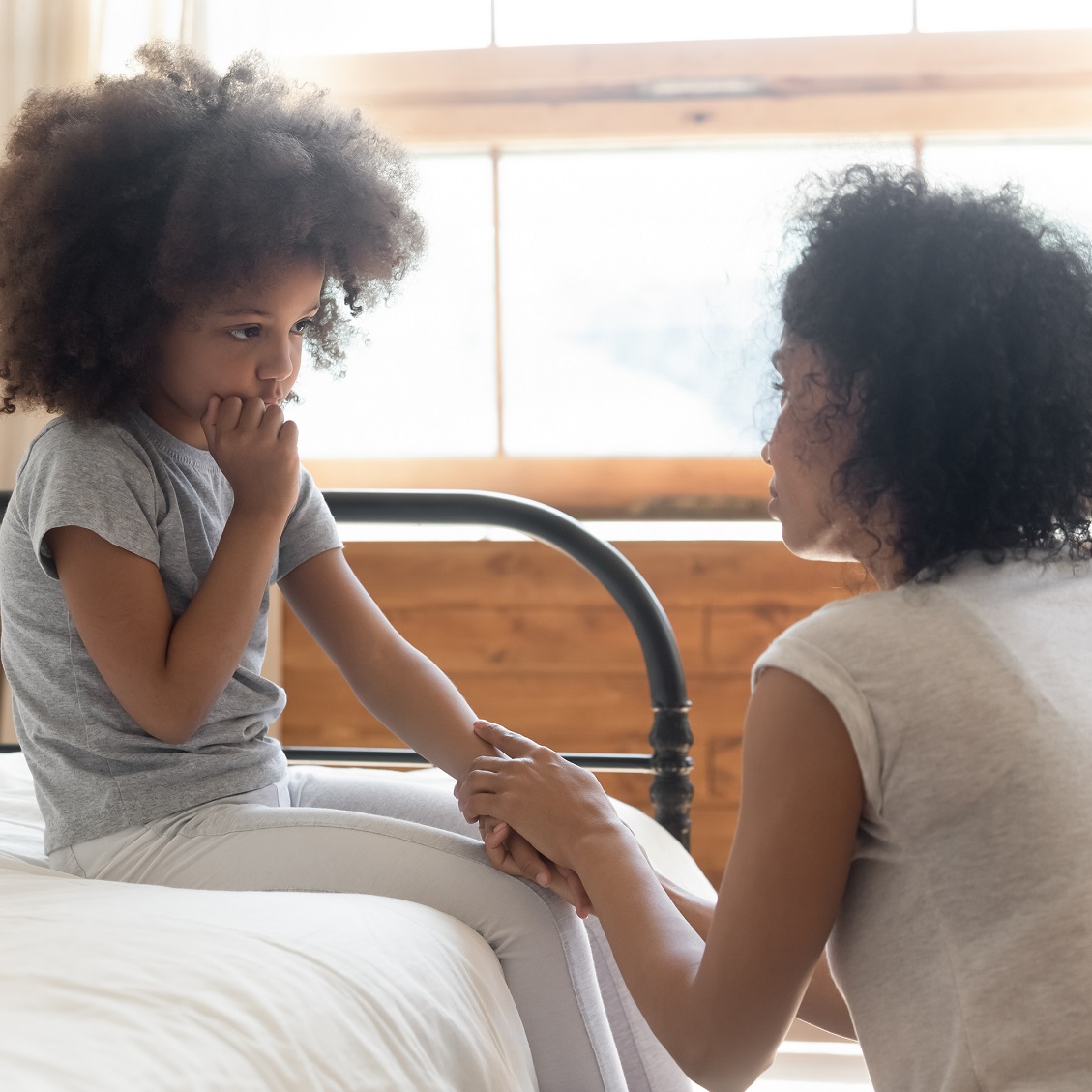3 Things to Stop Saying To Your Child

November 01, 2022
Children learn the world watching their parents, and the words they speak to them are critically important.
Our expert shares three phrases parents should avoid, and what parents can do to develop a trusting bond with their child.
1. “You’re okay”
“Age is such a distinguishing factor in how you’ll approach this, but, if your child is crying or visibly upset and you try to shake it off by saying ‘you’re okay’, you are invalidating their emotions,” says Ulrick Vieux, D.O., MS, DFAPA, child and adolescent psychiatrist at Hackensack University Medical Center. “Instead of trying to brush past these big feelings, sit with your child and help them work through them.”
If your child is showing signs of being upset or frustrated, try these phrases instead:
- I see that you’re (insert emotion: feeling hurt, angry, etc.) – validate their feelings
- I’m here for you, how can I help?
2. “Give them a hug”
While it can be customary in certain families or cultures to hug hello or goodbye, it’s important to let children know they have body autonomy.
“While we of course don’t want our children to be disrespectful to a family member or friend, we should also not be forcing them to have physical contact with someone they may not be comfortable with,” shares Dr. Vieux. “Body autonomy means being in charge of your own body, and what happens to it. We want kids to feel safe and confident with their bodies.”
“This all ties into consent and making sure your child knows they should ask permission before touching someone else, and that they have that same authority to decide whether or not they want to be touched,” says Dr. Vieux.
Instead of “give them a hug”, try asking them what they’re comfortable with:
- Would you like to give a hug to say goodbye?
- If not, would you like to give a high five instead?
3. “You’re such a disappointment”
Dr. Vieux recommends going into every conversation with your child with an open mind, and without judgment. Be mindful not to shame your child and approach conversations when you are calm and collected.
“If your child was doing something against your family’s values, it’s okay to express that and set boundaries, however you want to make sure your child feels comfortable coming to you to talk about things. If you immediately shut them down and tell them that they’re a horrible person, you don’t open the floor for much conversation,” says Dr. Vieux.
“Instead of jumping to conclusions, try asking them why they did something. You’ll learn a lot more by being curious about a situation,” says Dr. Vieux.
“Remember that every child is different and your conversations with your children will vary based on their age. While there are ways we can better communicate with our children, the most important thing is building an open relationship with your child, and that they feel safe coming to you about anything and everything,” Dr. Vieux concludes.
Next Steps & Resources:
- Meet our source: Ulrick Vieux, D.O., M.S., DFAPA
- To make an appointment with Dr. Vieux or a doctor near you, call 800-822-8905 or visit our website.
The material provided through HealthU is intended to be used as general information only and should not replace the advice of your physician. Always consult your physician for individual care.







